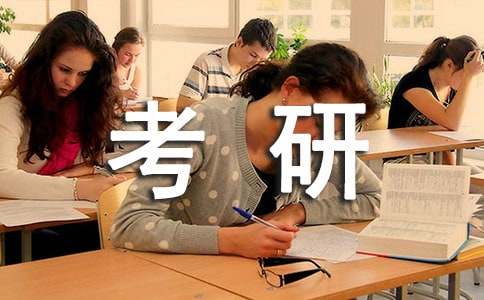考研分析詳解英語(yǔ)閱讀
Traditionally, the study of history has had fixed boundaries and focal points periods, countries, dramatic events, and great leaders. It also has had clear and firm notions of scholarly procedure: how one inquires into a historical problem, how one presents and documents ones findings, what constitutes admissible and adequate proof.

Anyone who has followed recent historical literature can testify to the revolution that is taking place in historical studies. The currently fashionable subjects come directly from the sociology catalog: childhood, work, leisure. The new subjects are accompanied by new methods. Where history once was primarily narrative, it is now entirely analytic. The old questions What happened? and How did it happen? have given way to the question Why did it happen? Prominent among the methods used to answer the question Why is psychoanalysis, and its use has given rise to psychohistory.
Psychohistory does not merely use psychological explanations in historical contexts. Historians have always used such explanations when they were appropriate and when there was sufficient evidence for them. But this pragmatic use of psychology is not what psychohistorians intend. They are committed, not just to psychology in general, but to Freudian psychoanalysis. This commitment precludes a commitment to history as historians have always understood it. Psychohistory derives its facts not from history, the detailed records of events and their consequences, but from psychoanalysis of the individuals who made history, and deduces its theories not from this or that instance in their lives, but from a view of human nature that transcends history. It denies the basic criterion of historical evidence: that evidence be publicly accessible to, and therefore assessable by, all historians. And it violates the basic tenet of historical method: that historians be alert to the negative instances that would refute their theses. Psychohistorians, convinced of the absolute rightness of their own theories, are also convinced that theirs is the deepest explanation of any event, that other explanations fall short of the truth.
【考研分析詳解英語(yǔ)閱讀】相關(guān)文章:
考研英語(yǔ)閱讀考題分析07-03
考研英語(yǔ)閱讀理解技巧分析09-27
英語(yǔ)閱讀詳解06-23
考研英語(yǔ)閱讀難句語(yǔ)法分析07-02
英語(yǔ)考研閱讀理解長(zhǎng)難句的分析06-29
考研英語(yǔ)閱讀理解真題了練習(xí)答案詳解09-14
英語(yǔ)四級(jí)閱讀翻譯分析詳解06-24